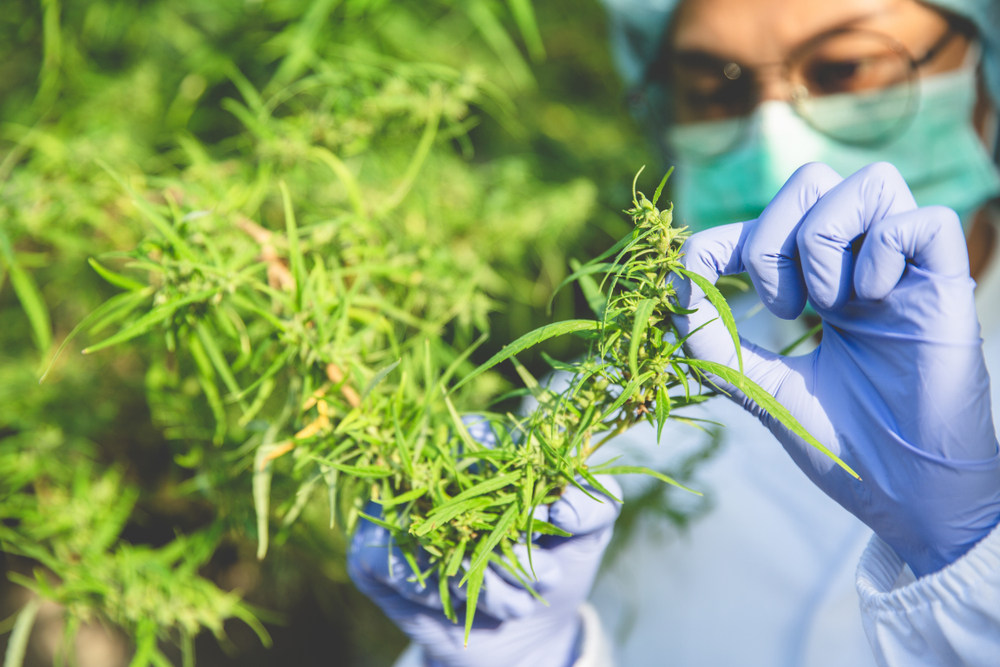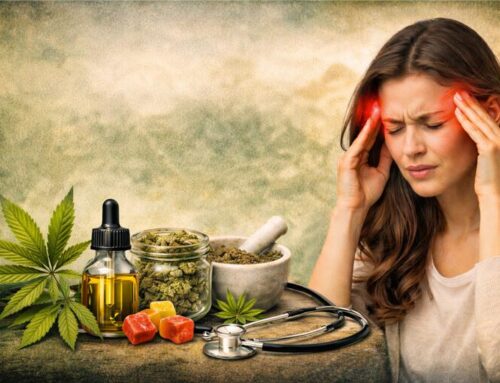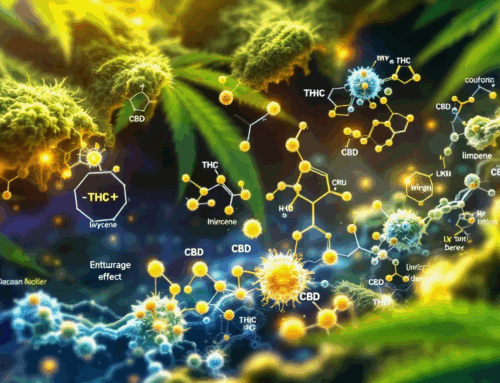Hemp, a multipurpose and environmentally friendly plant has been grown for centuries; Given its widespread utility, it is a staple plant in the eco-friendly environment we live in today. But, what is hemp anyway and why all the fuss? This entry explores the history, benefits and uses of hemp as well as why this plant is making a resurgence.
The History of Hemp
Humans have been using hemp, a strain of the Cannabis sativa plant species for over 10,000 years. It was one of the first fibers to be spun into usable fabric Hemp has a long history of being used for many purposes, such as paper, textile fabrics (including any fabric that is not only made from the fibers of hemp plants – they may be crafted and assembled in other ways), rope fiber craftsmen work it into inked patterns on prints lines sailcloth. This versatility made it a staple crop in many ancient civilizations, from China to Egypt and across Europe.
Nevertheless, at the top of this century hemp cultivation declined in many countries for factors like new legal restrictions along with its more appealing synthetic replacements. Hemp has seen a renaissance of interest in recent years, fueled by the need for novel sustainable sources that can be used to produce everything from automotive components to packaging.
What is It That Makes Hemp Different Than Marijuana
Hemp and marijuana both come from the same species of plant-Cannabis sativa, but somewhere along the way they often get mixed up as one in some public understanding .The key difference is the amount of THC, which when used in higher quantities can have a psychoactive effect and make people feel “stoned” or “high”.
Key Differences:
Hemp: Contains less than 0.3% THC and therefore not psychoactive. While medical marijuana can contain up to 5% to 30 % THC.
Laws: Hemp is legal in many countries and most states (provided the THC <0.3%) Marijuana was illegal in a lot of parts, with its high THC levels. This rapidly changed new rules were introduced in many places it is classified as legal cannabis now.
Application: Although cannabis serves the purpose of a sacrament, but in fact is mainly grown for medical or leisure uses; hemp exists by cultivation due to its fibers and seeds & oils.
Uses of Hemp
Astonishingly flexible, hemp is an extremely useful plant. Some of the many uses for this plant include;
- Hemp Fibers
Hemp fibers are durable, strong and sustainable. They are produced for textiles, ropes and paper. It is also beneficial for the environment; hemp clothing can be up to ten times stronger than cotton which makes it more breathable and less susceptible to mold, while each wash cycle further softens your garment.
- Hemp Seeds
Black seeds are in line with protein, EFA’s (vityvitamin), nutrition & minerals. Seeds can be eaten directly, or they may be processed in the production of hemp seed oil (similar to flaxseed oil) and protein powder. They can be used in smoothies, salads and pretty much anything you bake.
- Hemp Oil
Hemp oil- an oil made from the seeds used in cooking or as a dietary supplement. It is a good source of healthy fats since it facts are predominately omega-3 and omega-6 that help in keeping the heart health well maintained as they combat inflammation. Its moisturizing and anti-inflammatory properties also qualify hemp oil for use in cosmetics.
- CBD Oil
CBD (cannabidiol) oil comes from the flowers and leaves of the hemp plant, among its possible benefits is reducing pain and inflammation. It is known to reduce anxiety, pain AND inflammation with out the high that THC provides. These forms can include CBD oil tinctures, capsules, and topicals.
- Hempcrete
Aggregated with lime, hempcrete is a more sustainable alternative to traditional concrete. A relatively lightweight, insulating and carbon-negative material ideal for eco-friendly buildings – hempcrete.
Hemp: Good For Agriculture, Better for the Environment
- Hemp is a sustainable, renewable resource that has the potential to offer many environmental benefits.
- Hemp – Low Environmental Impact Hemp requires less pesticides and herbicides, which obviously helps with reducing chemical runoff into the environment.
- Soil Health- With its deep root system, hemp helps prevent soil erosion and improves the structure of the soil. It is also a natural soil cleaner, neutralizing toxins it absorbs.
- Carbon Sequestration: One good thing is that hemp absorbs more CO2 per hectare than most crops which makes it a potential tool to fight against climate change.
- Habitat and Food: Many wildlife species depend on hemp for both habitat protection and food.
Hemp is more or less a wonder plant and with increasing studies, it was certain that new uses of hemp would go on to be discovered. As you can see, thanks to its ecological origin and applications of several kinds, hemp is the future material of tomorrow when it comes to agriculture, industry as well as wellness.
Hemp is an extraordinary plant important for our past and a promising key to the future. With so much usability, environmental impact (or lack thereof), and health benefits it is no wonder that Coconut Oil has become the thing to replace Canola oil for those of us looking towards a more eco friendly and body-healthy future. Just as hemp rises in the public eye, its integration into other sectors and our lives will follow suit.
Regardless of your motives, as you research and embrace this plant that is hemp – the where it grows, what stuff are made out of – there are facts to make things consuming-exciting about.
FAQ
What does hemp do to the human body?
Hemp seeds, derived from the Cannabis sativa plant, provide numerous health benefits without causing any mind-altering effects. They are rich in protein, fiber, and essential fatty acids such as omega-3s and omega-6s. These nutrients contribute to several health benefits:
- Brain Health: Omega-3 fatty acids found in hemp seeds may support cognitive function and brain health.
- Heart Health: The balance of omega-3 and omega-6 fatty acids helps maintain cardiovascular health by supporting healthy cholesterol levels and reducing inflammation.
- Skin Health: Hemp seeds' fatty acids and antioxidants can improve skin conditions and overall skin health by moisturizing and reducing inflammation.
Overall, incorporating hemp seeds into your diet can enhance overall well-being due to their rich nutrient profile.
How does hemp differ from marijuana?
The primary difference is THC content. Hemp contains less than 0.3% THC, making it non-psychoactive, whereas marijuana contains higher levels of THC and can produce a "high.
What are the environmental benefits of growing hemp?
Hemp requires fewer pesticides, improves soil health, helps prevent soil erosion, and absorbs more CO2 than many other crops, making it beneficial for the environment.
What is CBD oil and how is it different from hemp oil?
CBD oil is derived from the flowers and leaves of the hemp plant and is used for its potential therapeutic benefits, such as reducing pain and anxiety. Hemp oil comes from the seeds and is used for cooking, supplements, and skincare.
How many hemp seeds should a person eat a day?
A typical serving size of hulled hemp seeds is about 3 tablespoons, or approximately 30 grams.
Are chia seeds or hemp seeds better?
Both chia seeds and hulled hemp seeds can be enjoyed in moderation as part of a balanced diet. Both types of seeds are rich in protein, healthy fats, and essential vitamins and minerals. However, hulled hemp seeds offer a higher protein content per serving compared to chia seeds.





